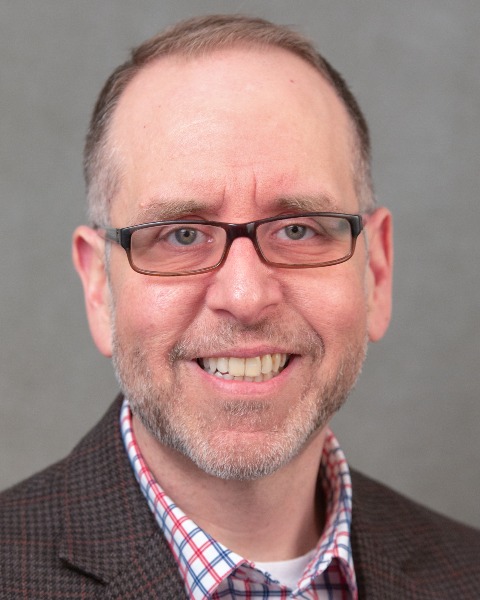Paper Presentation
Health
Session: Mental Health Issues in Social Work Curriculum
Nights Homeless in Mental Health Emergency Department Use for Rural Adults: Curriculum Implications

Michael Clarkson-Hendrix, PhD MSW (he/they)
Associate Professor
SUNY Fredonia
Presenter(s)
This presentation imparts anti-oppressive educational implications based on research investigating the role of nights spent homeless in recent mental health emergency department use for treatment-seeking, adults in one rural, community-based outpatient clinic. Providing these findings highlights course content that could promote place-responsive mental health services for this medically underserved population.
Learning Objectives:
At the end of this session, attendees should be able to:
- Upon completion, the participant will be able to define “nights spent homeless” and “mental health emergency department use.”
- Upon completion, the participant will be able to identify the role of nights spent homeless in recent mental health emergency department usage from the perspective of the study participants.
- Upon completion, the participant will be able to identify at least two anti-oppressive curriculum implications from the findings of this research to support place-oriented justice for rural mental healthcare populations.
